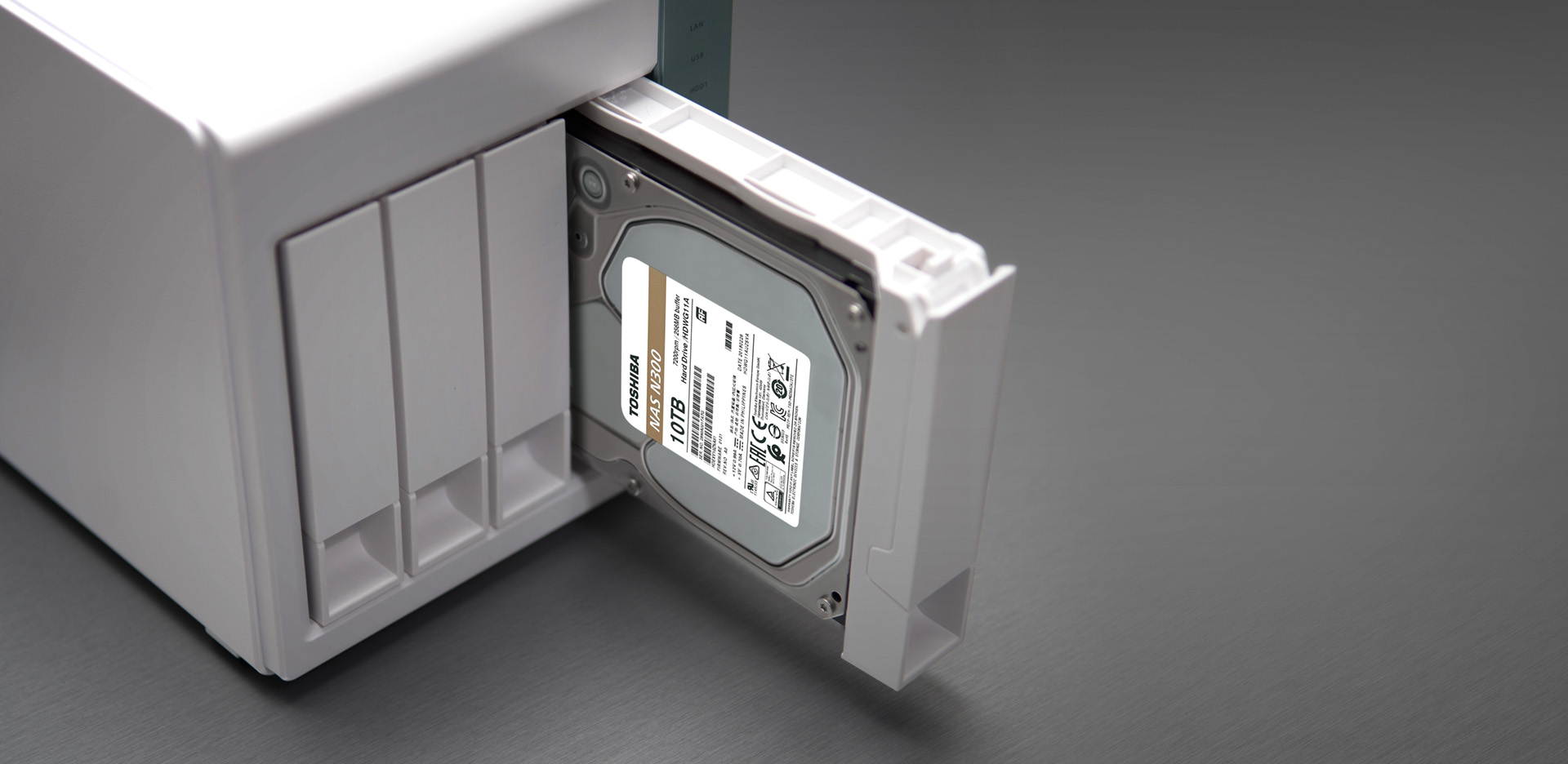Following Western Digital, Toshiba lists the number of SKUs it uses with Shingled Magnetic Recording (SMR) technology. If there’s one thing that came out of WD Red’s performance and reliability controversy, its HDD manufacturers coming out with this important information.
The story so far…
After crowd-sourced information and series of statements from the channel level to upper levels of marketing, Western Digital did come up with an explanation of why SMR did not affect intended workload for its SOHO NAS designed mechanical hard drives. But it did come out with a list of series and models which use the SMR and CMR (Conventional Magnetic Recording).The story so far…
SMR Technology is a trick that enables mechanical HDD makers to have higher storage density in their variants. But as a result, it sacrifices performance in certain workloads. According to multiple WD Red users, this is the reason why WD Red had multiple ZFS formatting and RAID rebuilding issues as the latency was high to complete the task. What was not appreciated is the lack of information and disclosure since the older, reliable EFRX variants used CMR. Despite having a well-detailed specs sheet, WD never mentioned Recording type in any of the documents until now.
List of SMR SKUs
Mechanical HDD makers are now reduced to Western Digital, Seagate and Toshiba, in which Western Digital has the highest HDD market share. There’s no word from Seagate who also sells NAS specific hard drives, but Toshiba decided to follow suit and publish this:
| 3.5″ HDDs | 2.5″ HDDs |
| P300 6 TB | L200 2 TB |
| P300 4 TB | L200 1 TB |
| DT02 6 TB | MQ04 2 TB |
| DT02 4 TB | MQ04 1 TB |
| DT02-V 6 TB | |
| DT02-V 4 TB |
Is SMR that bad?
SMR is not bad, especially for those who need mechanical HDDs for cold storage and surveillance. This way, users can get higher storage capacity costing a bit lesser with CMR technology. A lack of disclosure was a bigger problem, followed by issues faced by WD Red users. it is good to see Toshiba following Western Digital’s path. It is unsure why SMR-based WD Red drives really have the problem if we take WD’s word for it. Maybe WD will consider its future Red variants to be CMR based, or optimize SMR to avoid these problems.
VIA: Toms Hardware


